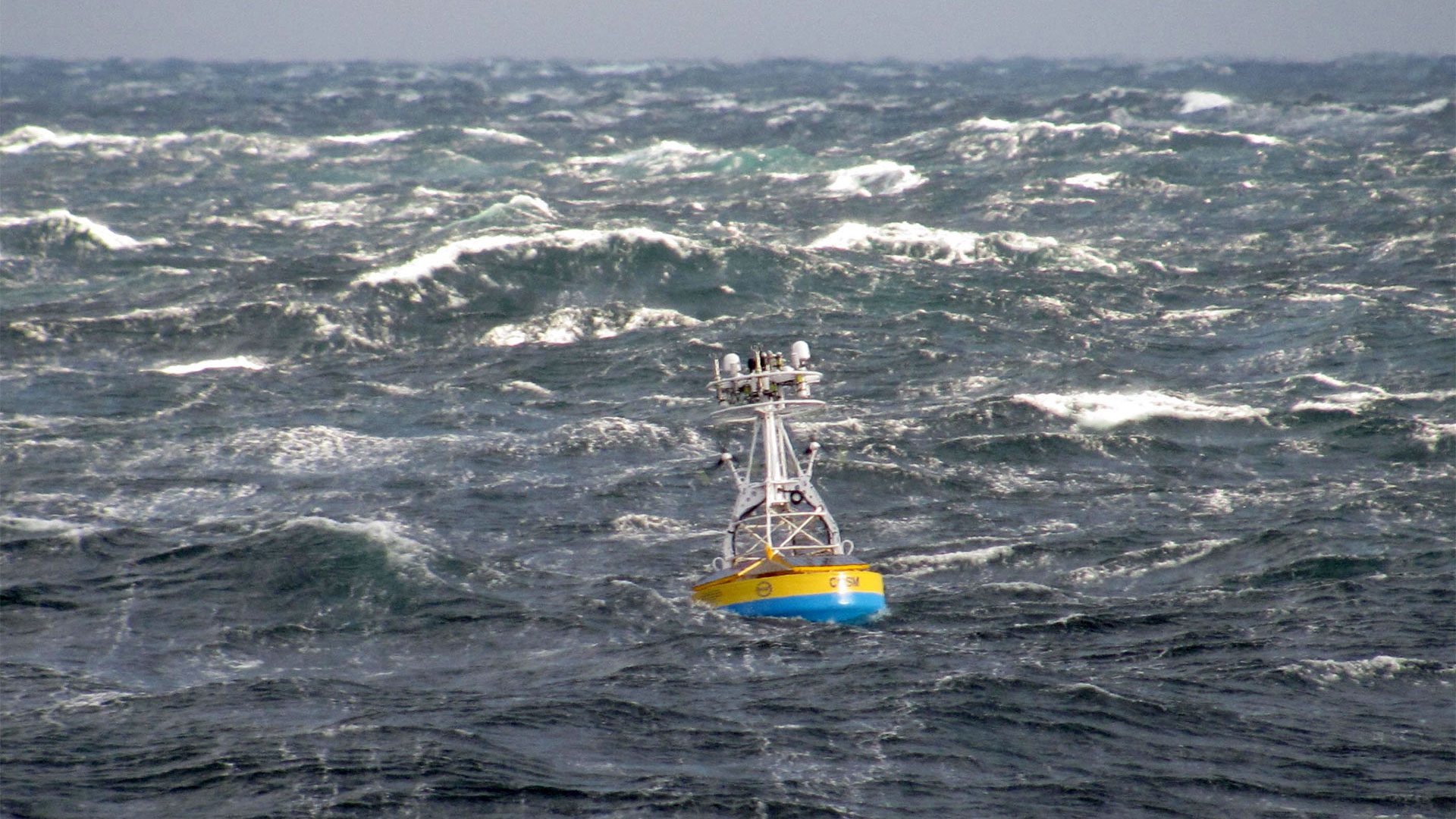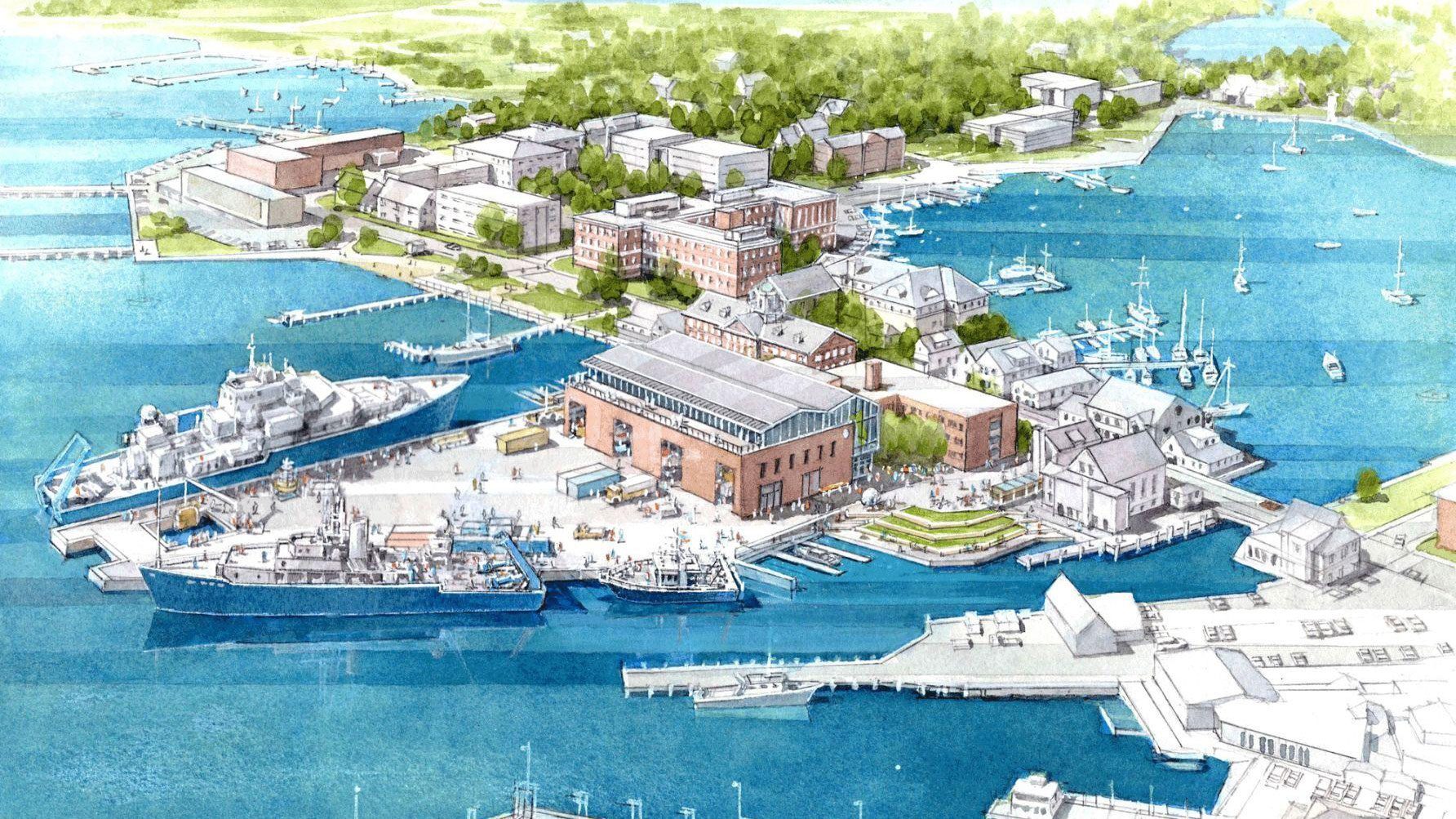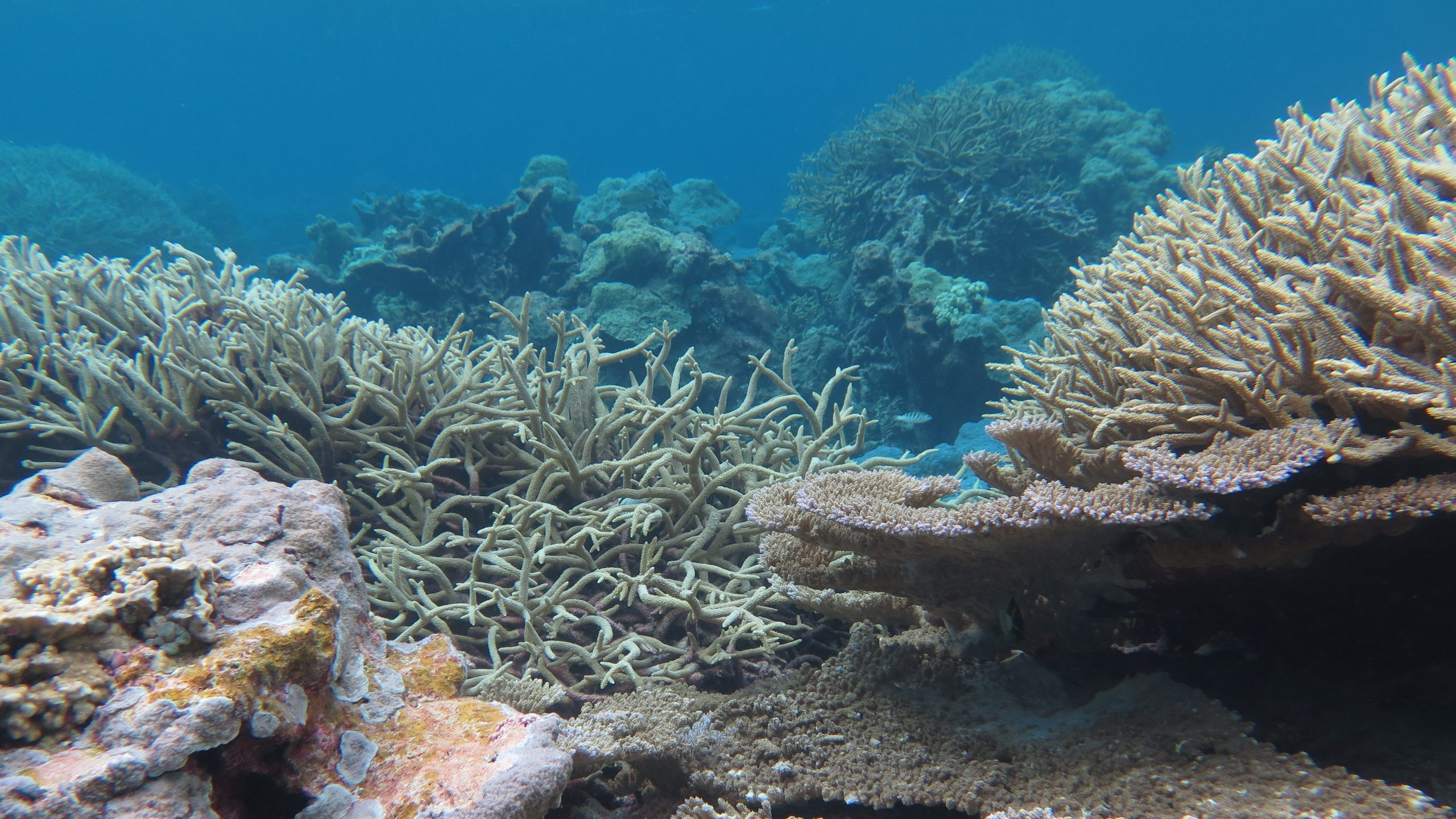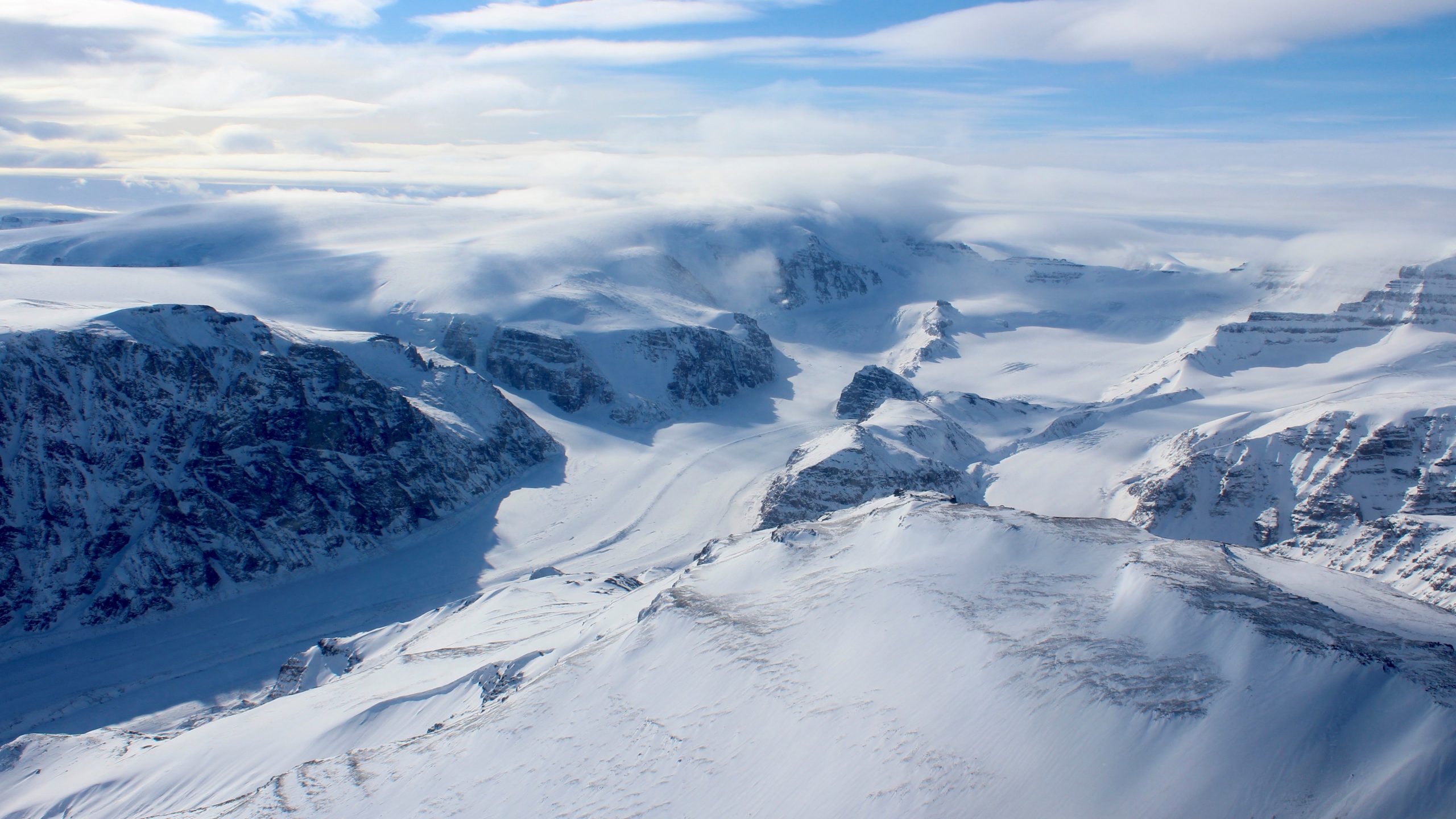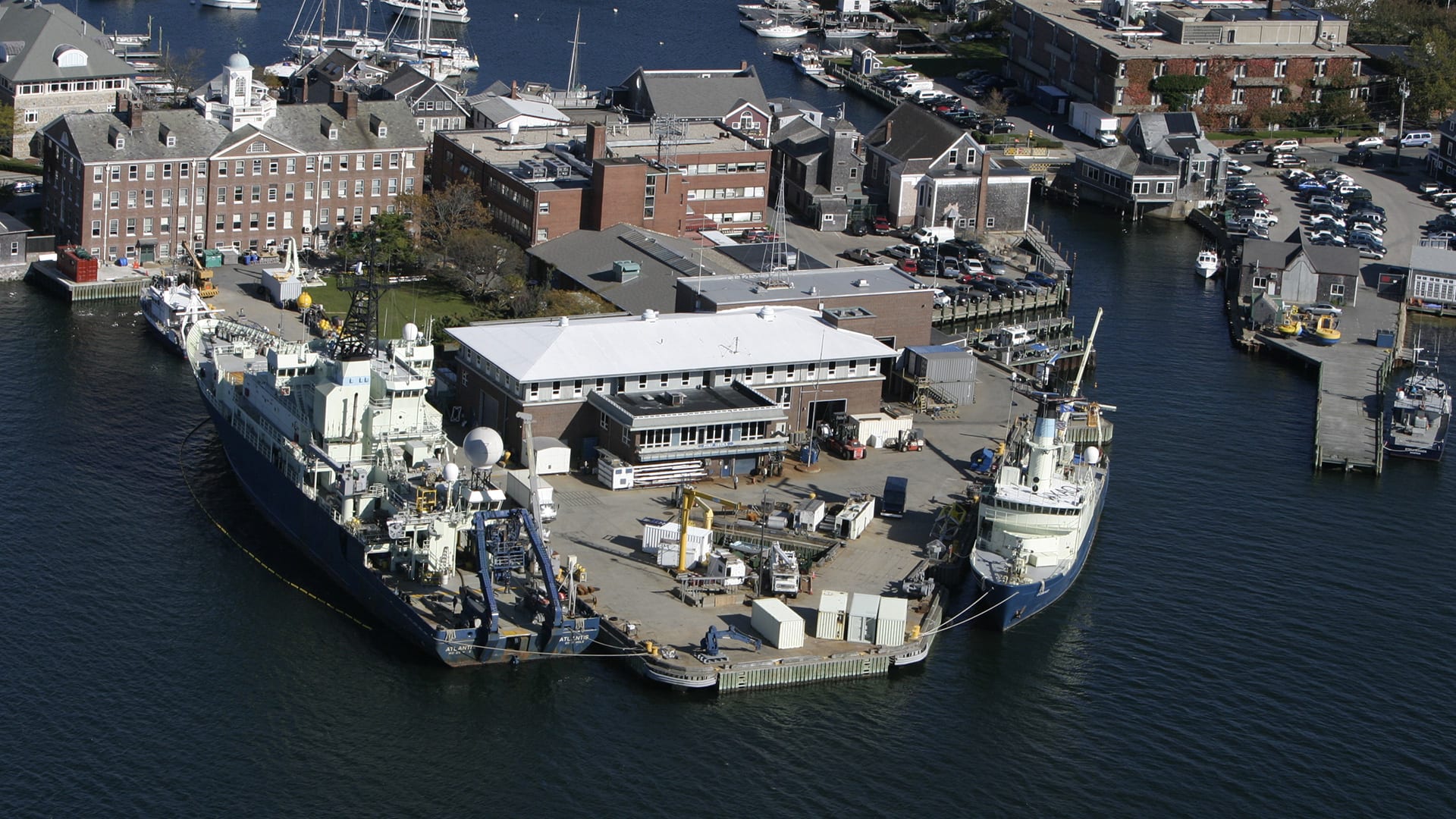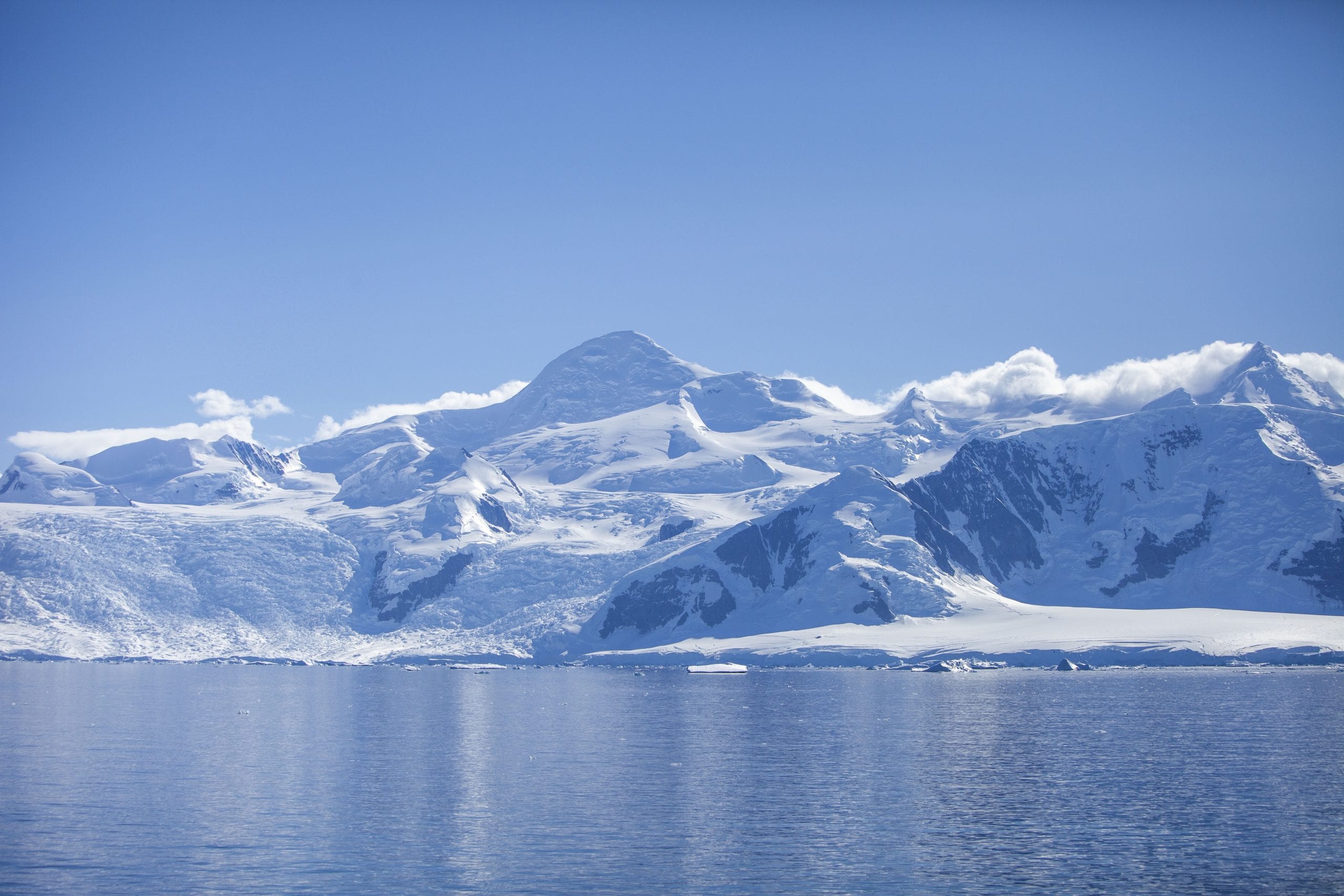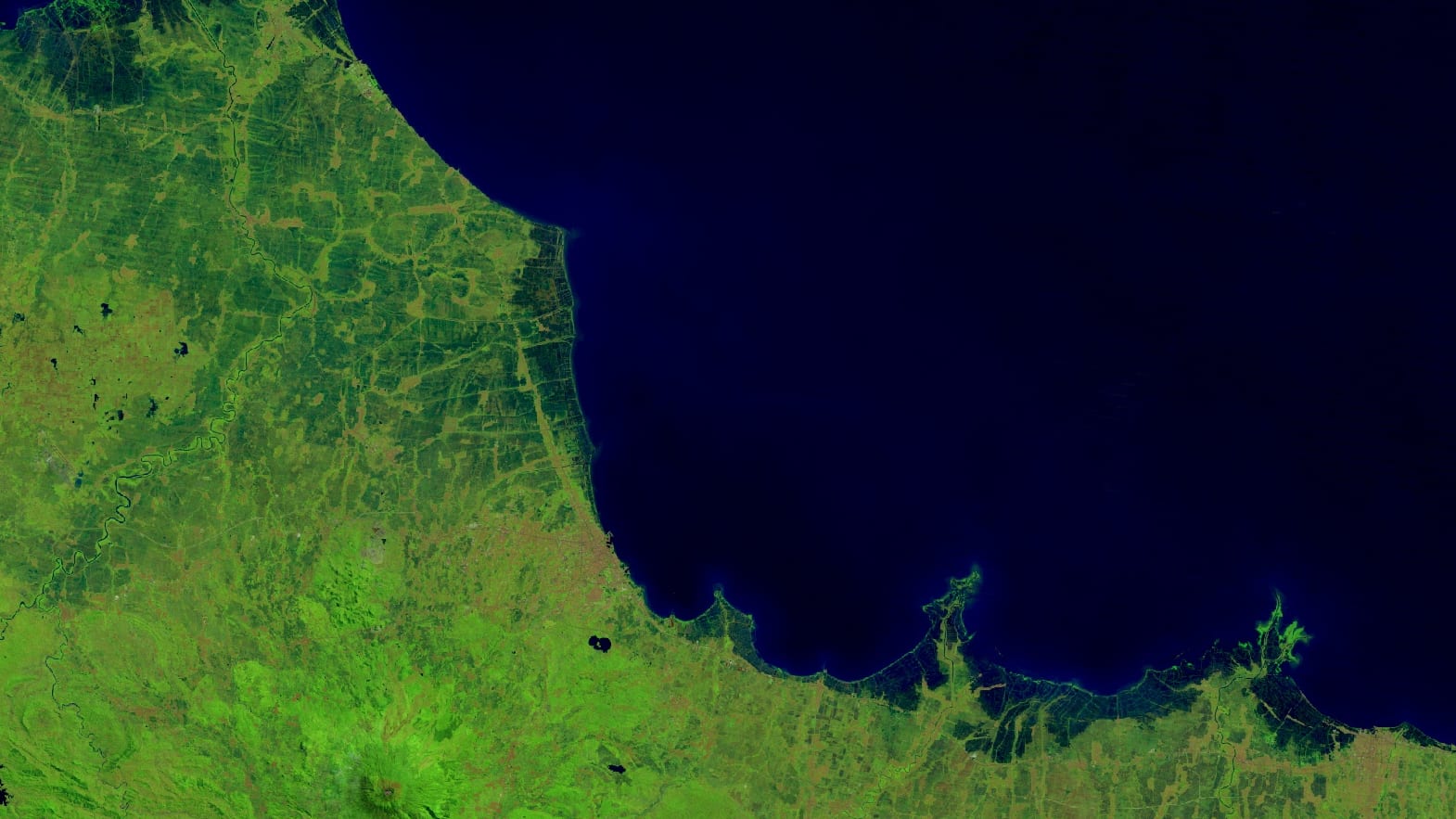News Releases
Interactive Climate Tour Opens in Woods Hole
A diverse group of community members, local businesses, government officials, and science institutions came together yesterday to officially launch a self-guided climate walking trail in the village of Woods Hole. The ResilientWoodsHole (RWH) Climate Walking Trail opened to the public with a ribbon cutting ceremony at the Woods Hole Waterfront Park.
Read MoreOcean Observatories Initiative‘s Pioneer Array Relocating to Southern Mid-Atlantic Bight
New location offers opportunities for new science observations with continued open access
Read MoreWoods Hole Oceanographic Institution Receives $2 million from State for CWATER project
Funding is part of $3 million economic development package secured by Falmouth legislators.
Read MoreResilient Woods Hole Awarded Grant from Massachusetts Office of Coastal Zone Management
Resilient Woods Hole (RWH), a private/public collaboration to prepare the village and blue economy of Woods Hole for major climate impacts such as sea-level rise, coastal flooding, and shoreline loss, has been awarded a second grant from the Massachusetts Office of Coastal Zone Management to continue its work in implementing community climate resiliency solutions.
Read More“Digital Reefs” awarded $5 million
The National Science Foundation (NSF) has awarded Woods Hole Oceanographic Institution (WHOI) $5 million to participate in NSF’s ground breaking Convergence Accelerator Program. The project, led by WHOI scientist Anne Cohen, builds the world’s first Coral Reef Digital Twin, a 4-dimensional virtual replica of a living coral reef powered by state-of-the art data and models.
Read MoreA recent reversal in the response of western Greenland’s ice caps to climate change
New collaborative research from the WHOI and five partner institutions published today in Nature Geoscience, reveals that during past periods glaciers and ice caps in coastal west Greenland experienced climate conditions much different than the interior of Greenland. Over the past 2,000 years, these ice caps endured periods of warming during which they grew larger rather than shrinking.
Read MoreWoods Hole Oceanographic Institution Elects New Corporation Members
The Board of Trustees of Woods Hole Oceanographic Institution (WHOI) today announced the ten new corporation members who were elected at its Spring Joint Meeting of the Board and Corporation. They…
Read MoreAntarctic Ice Sheet Loss Expected to Affect Future Climate Change
The research team reports that their new models with the added ice melt information reveal important interacting processes and demonstrate a need to accurately account for meltwater input from ice sheets in order to make confident climate predictions.
Read MoreFor now, river deltas gain land worldwide
Delta areas worldwide have gained land in the past 30 years, despite river damming. However, recent land gains are unlikely to last throughout the 21st century due to expected, accelerated sea-level rise.
Read More

